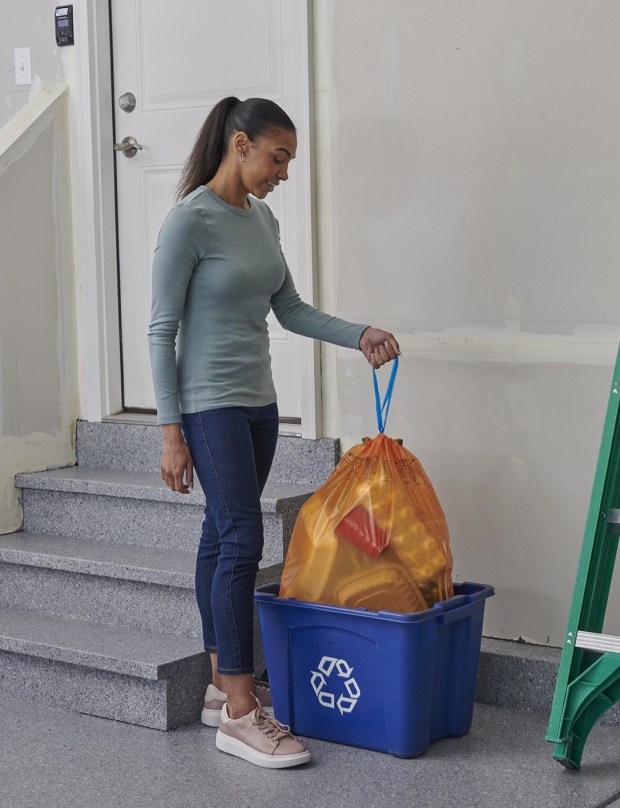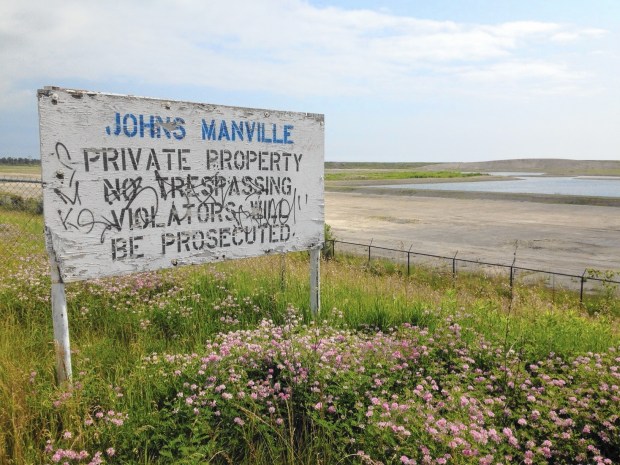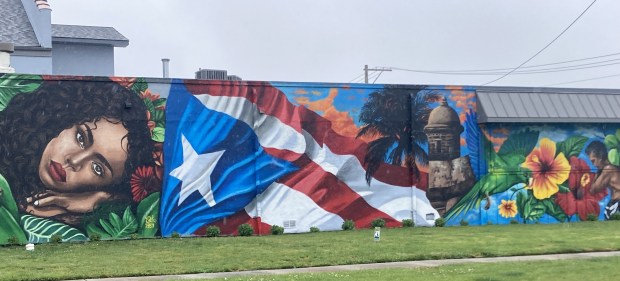It’s time for some trash talk. That’s because some Lake County communities are beginning a new program impacting garbage collections.
The Hefty ReNew program kicking off in October will be giving residents in nine municipalities, including Bannockburn, Deerfield, Gurnee, Highland Park, Highwood, Lake Villa, Lincolnshire, North Chicago and Riverwoods, an easy way to get rid of those devilish — yet convenient — plastic grocery bags.
Also included in the initiative are unincorporated areas of five townships: Avon, Moraine, Shields, Warren and West Deerfield.
As outlined by Hefty Brands, part of Lake Forest-based Reynolds Consumer Products; the Lakeshore Recycling Systems waste company; and the Solid Waste Agency of Lake County, the new program is an easy way to divert hard-to-recycle plastic waste from area landfills. It also keeps the lightweight plastic bags out of trees or stuck in bushes for months at a time as they slowly disintegrate.
The bags are notorious litter offerings, oftentimes ending up in area lakes, rivers and streams. It’s also a way to avoid a complete ban on the use of commercial plastic bags, which are made from fossil fuels.
The new program works by residents purchasing Hefty ReNew heavy plastic — ironically — orange bags at Jewel-Osco, Menards, Sunset Foods or Ace Hardware outlets. Place the items — chip bags, foam egg cartons, plastic pet food bags, plastic grocery bags, bubble wrap, foam cups, plastic utensils and other flexible film and packaging — in the orange bags, which start at $7.99 for 20 bags. To mark the launch, Hefty is offering free starter kits for homeowners by signing up on the company’s website: HeftyReNew.com.
When the bags are full, they go into recycling carts along with other recyclables, like metal cans and newspapers, and voila. The orange bags get picked up on collection days and head to recycling companies, where those involved say they are turned into building and construction materials.
Prior to this new program, those wanting to dispose of those plastic grocery bags had to drop them off at supermarkets, which in turn would send them to specialty recycling centers. For those of us with the lazy gene, it was a pain. Instead, we usually turned the bags into other uses before dumping them in trash bins.
Surprisingly, it took this long to come up with a reasonable and fairly effortless way to get rid of the plastic bags used by a host of retailers.
Of course, one alternative has always been to tote reusable shopping bags made of cloth or combined plastics and fabrics to have one’s groceries packed. Except they take 28 to 200 times as much energy to produce as disposable bags, according to recycling experts.
The renewable plastics recycling program marks the first launch in Illinois, following our next-door neighbor Indiana, and other states like Tennessee, Idaho, Georgia, Nebraska, Arizona and Ohio. Hefty says the program, which began in 2018, to-date has diverted more than 2,800 tons of hard-to-recycle plastics from landfills.
Besides reducing litter and eye pollution, recycled plastic bags reduce carbon emissions and greenhouse gases. A number of states, including California Connecticut, Delaware, Hawaii, Maine, New York, Oregon, and Vermont, have enacted legislation to ban plastic bag use.
The reason the bags haven’t been commonly recycled previously is because the soft-plastic shopping bags blow around recycling centers and often get caught in machinery, which causes problems for large facilities. Same with foam food containers, in which restaurant leftovers often come home.
When recycled, the plastics are taken to facilities for processing and turned into post-consumer resin plastic pellets. Some of the recycled bags and film are re-used to make new plastic bags and products.
“For the past 16 years, SWALCO has been working on finding a better way to collect and manage hard-to-recycle plastics,” Walter Willis, executive director of the county agency responsible for developing and implementing area solid waste management plans, said in a statement, noting the program provides a “comprehensive and convenient way to engage our residents and take our recycling program to the next level.”
This new plastics recycling program should make a dent in the untold thousands of those bags that until now have been ending up in our landfills as so much garbage. And who needs more of that?
Charles Selle is a former News-Sun reporter, political editor and editor.
sellenews@gmail.com
X: @sellenews





